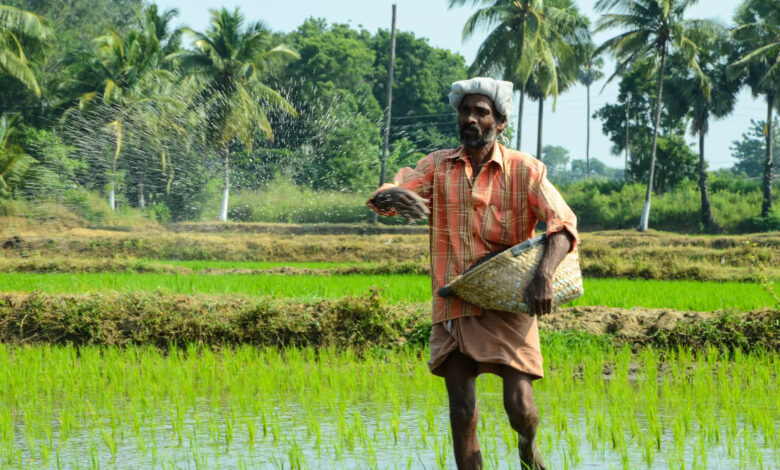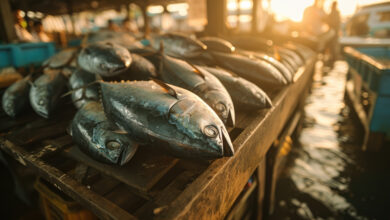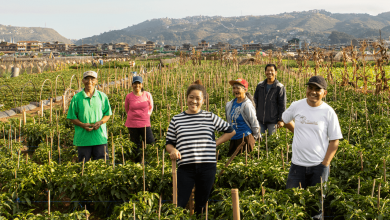
Food Crisis on the Horizon: We Need to Prepare
In a world facing numerous challenges, ensuring food security is of paramount importance. Here in our country, agriculture is the backbone of our food supply. If our agriculture goes down, we go down with it because of the food crisis. The best things to do to ensure that doesn’t happen? That’s what we are going to talk about in this article.
Risk Assessment
How do we prepare for a food crisis? First, we need to have a so-called risk assessment. Understanding the potential threats to agriculture is the first step in building resilience. What are these threats in agriculture? There are a lot. From water scarcity to extreme weather events, it’s painful to think of them. Additionally, Senator Imee Marcos said it herself, we are anticipating El Niño this year. Accordingly, risk assessment and analysis will help identify vulnerabilities and enable effective planning.
Sustainable Agriculture Practices
Implementing sustainable farming methods is crucial for long-term food security. We need crop diversification, agroforestry, and efficient water management strategies. Hence, all of these will contribute to building resilience against various challenges.
Technology Integration and Infrastructure Development
Senator Imee Marcos said there is no shortcut to agri-sufficiency. That statement is fairly accurate. The government should fast-track the completion of irrigation facilities, build warehouses, food storage, and an expanded cold chain. In addition, the private sector must invest in the countryside, especially in value-adding, processing, and distribution.
READ: Meet the First Pinoy Scientist to Reach the Emden Deep
Farmer Training and Education
We need to give love to our farmers, especially the young ones. They need to be provided with consolidated farmland, agricultural machinery, training, and access to capital and markets. We need to empower our farmers through training programs. Programs like climate-smart agriculture, pest and disease management, and financial literacy. These kinds of programs ensure they are well-equipped to face challenges and make informed decisions.
Research and Development
Investing in agricultural research is pivotal for developing resilient crop varieties. Additionally, we can also create disease-resistant breeds and innovative farming techniques. Furthermore, collaboration with research institutions fosters continuous improvement in agricultural practices.
Building resilience in agriculture requires a multifaceted approach that integrates sustainable practices, technology, infrastructure development, research, farmer empowerment, financial preparedness, and collaboration. By implementing these strategies and continuously monitoring and adapting to food crisis, we can work towards a more secure and sustainable future for our country.



